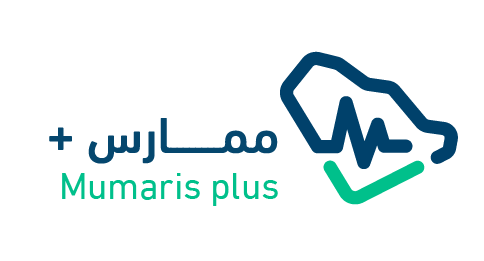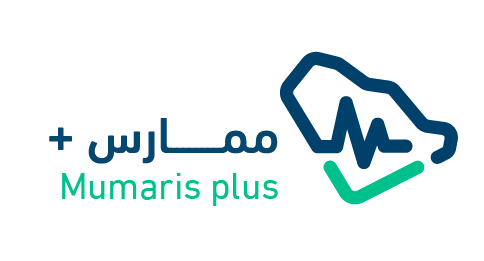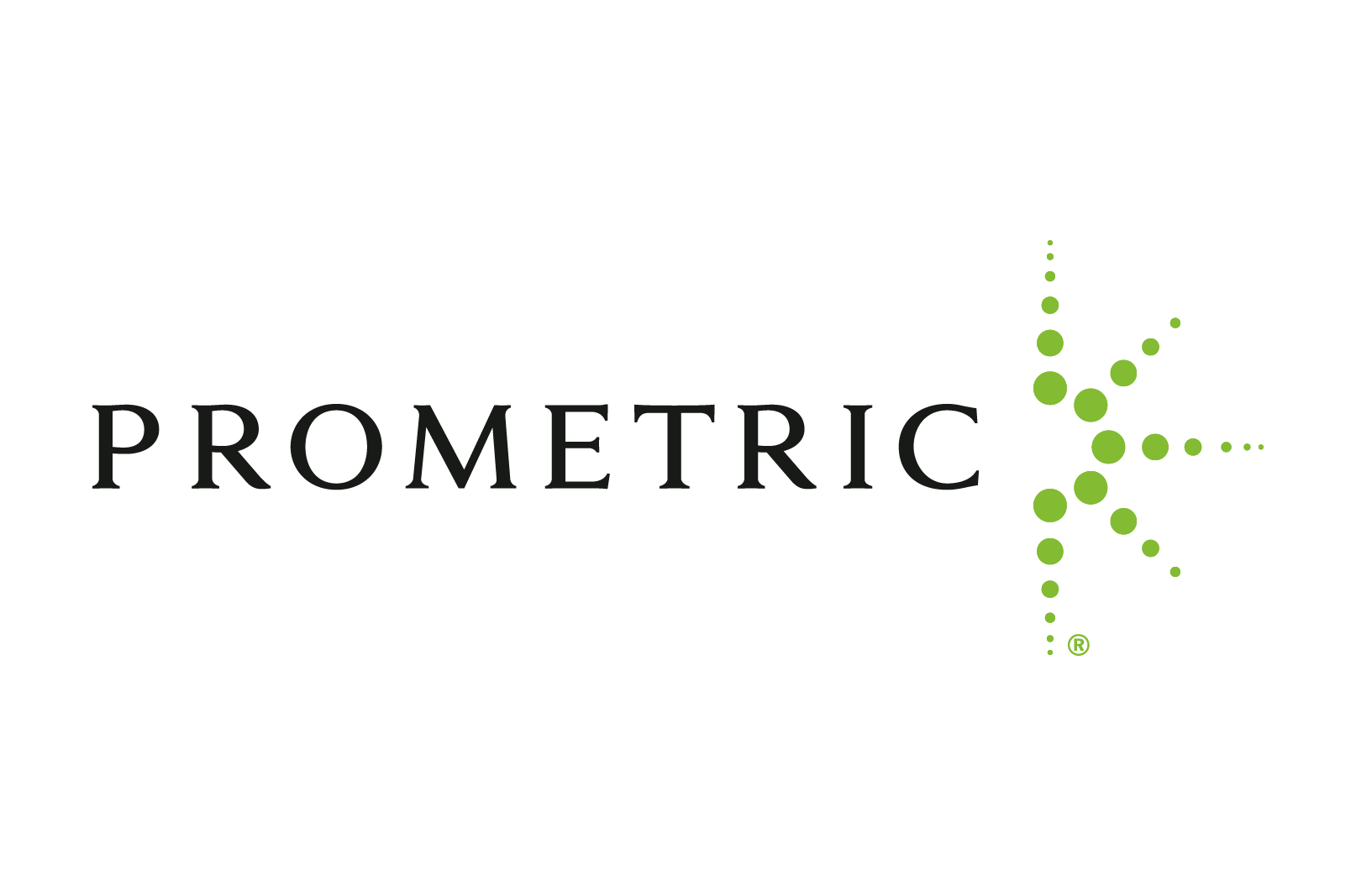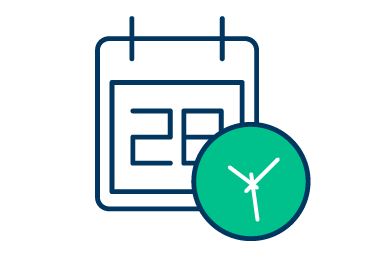Help us develop our services
How satisfied are you with the services provided on the portal of the Saudi Commission for Health Specialties?
About Mumaris Plus
Mumaris Plus is the unified portal for the services of the Saudi Commission for Health Specialties (SCFHS) for health practitioners in the Kingdom of Saudi Arabia. Through the Mumaris Plus portal,
practitioners can apply for all of the following services: You can apply and view the requirements and fees by clicking on the service

Professional Classification and Registration Requirements
The SCFHS has set several criteria in which accuracy and objectivity in evaluating the previous(training) and subsequent(experience)professional experience were considered, for obtaining certificates and vocational training, and for professionally evaluating the capabilities of their holders and classifying them accordingly
would you like to receive help accessing professional classification and registration requirements?
Specializations Description
It is a brief indicative description that helps in defining the minimum requirements and basic competencies required for the purposes of professional classification and registration in order to clarify SCFHS's services to all beneficiary categories.
Specialization Description Cards will be reviewed periodically to ensure that they are updated according to global and local changes in the health field, and we are pleased to receive the contributions of specialists in this review through submitting feedback or participating in the periodic review workshops through this link
* Subject to terms and conditions
A specialty concerned with the improvement, improvement and development of teaching and learning processes for all students and health practitioners.
Theoretical, practical, and procedural knowledge of the following:
- Curriculum design and training.
- The foundations of learning and education for adults.
- Evaluation, measurement and evaluation.
- Study programs administration.
- Study programs administration.
Master's degree, after obtaining an accredited bachelor's degree in a related field.
A specialty that is concerned with enabling individuals to improve their health status, by increasing their knowledge or influencing their health orientations and choices, and encouraging life skills that raise the health of the individual and society.
Theoretical, practical, and procedural knowledge of the following:
- Health Education Principles.
- Epidemiology.
- community Health.
- Practical methods of health education.
- Health education in health services.
- Nutrition and health education in diseases.
- Media and its means in health education.
- Health promotion.
Certified Bachelor's Degree with an Internship year or acceptable practical training that is not less than 12 months under specialized supervision in the same field and in a facility where the required inputs and tasks to practice the profession in this certain specialty are available.
A specialization concerned with providing the databases needed by the administration, which would assist in the planning and implementation process and provide solutions to problems that hinder the use of health informatics systems and applications.
Theoretical, practical, and procedural knowledge of the following:
- Public health informatics.
- Social and behavioral sciences.
- Health information technology.
- Human factors, social and technical systems.
- Leadership.
- data analysis.
- Information technology risk administration.
- Information and communication technology system (application).
- Healthcare operations and IT integration.
Certified Bachelor's Degree with an Internship year or acceptable practical training that is not less than 12 months under specialized supervision in the same field and in a facility where the required inputs and tasks to practice the profession in this certain specialty are available.
A specialty that is concerned with providing workers with scientific knowledge, administrative skills, and health information necessary to perform administrative and supervisory tasks and functions in organizations and health facilities with high quality, and this includes organizations, health facilities, and governmental, private, and charitable hospitals at their different levels.
Theoretical, practical, and procedural knowledge of the following:
- health facilities and hospitals administration.
- Strategic Planning.
- Health quality administration.
- Health policies.
- Public Health.
- Leadership and administrative development.
- Human Resources
Certified Bachelor's Degree with an Internship year or acceptable practical training that is not less than 12 months under specialized supervision in the same field and in a facility where the required inputs and tasks to practice the profession in this certain specialty are available.
Specialty concerned with the basic and advanced clinical procedures that assist the anesthesiologist in providing safe and effective care, the job of the anesthesia Specialist focuses on the technical aspects by inserting the Venous and Arterial catheter, Tracheal intubation, Airway treatment, assisting in preparing and giving medicines for each patient, and monitoring the physiological changes during the surgery.
Theoretical, practical, and procedural knowledge of the following:
1- Fundamentals of Anesthesia Technology.
2- Anesthesia instruments.
3- Anesthesia pharmacology.
4- Airway management.
5- Pediatric Anesthesia and Anesthesia for Labor.
6- Practice applied anesthesia.
7- Crisis Management in Anesthesia.
Certified Bachelor's Degree with an Internship year or acceptable practical training that is not less than 12 months under specialized supervision in the same field and in a facility where the required inputs and tasks to practice the profession in this certain specialty are available.
Specialty concerned with treating diseases and injuries that require an urgent medical response, so it provides treatment in the incident location for those in need and it is responsible for transporting the patient to the next medical care point, such as the Hospital Emergency Department.
Theoretical, practical, and procedural knowledge of the following:
1- Basic emergency medical services.
2- Medical emergency.
3- Emergency Drugs.
4- Injuries and accidents emergencies.
5- Cardiopulmonary emergency.
6- Critical care.
Certified Bachelor's Degree with an Internship year or acceptable practical training that is not less than 12 months under specialized supervision in the same field and in a facility where the required inputs and tasks to practice the profession in this certain specialty are available.
Specialty concerned with individuals, families, and communities in an attempt to enhance social performance by processing the individuals’ and families’ needs, evaluating and creating plans and interventions to solve social and personal issues to impact the required social change.
Theoretical, practical, and procedural knowledge of the following:
1- Social service fundamentals.
2- Human behavior through the stages of life.
3- Human behavior and social environment.
4- Social service in the field of healthcare.
5- Clinical Social service for individuals and small groups.
6- Social Service for people with disabilities.
7- Psychological health and human behavior.
8- psychological disorders.
Certified Bachelor's Degree in the educational field with an Internship year or acceptable practical training that is not less than 12 months under specialized supervision in the same field and in a facility where the required inputs and tasks to practice the profession in this certain specialty are available.
Specialty concerned with the scientific study of the human brain and how it affects human behavior (explicit behavior or implicit activity such as cognition or emotion) in order to understand, interpret, and predict such behavior and control it to treat various problems and cases relevant to the individuals and community.
Theoretical, practical, and procedural knowledge of the following:
1- Cognitive psychology.
2- Social psychology.
3- Developmental psychology.
4- Personality theories.
5- Psychometric methods.
6- Physiological psychology.
7- Statistics and research methods in Psychology.
8- Psychological health and Psychopathology.
9- Psychological intervention methods.
Certified Bachelor's Degree with an Internship year or acceptable practical training that is not less than 12 months under specialized supervision in the same field and in a facility where the required inputs and tasks to practice the profession in this certain specialty are available.
Specialty concerned with evaluating the physical, biological, and chemical structure of food, preparing the data of patients’ daily meals and supervising their preparations, ensuring the fulfillment of the terms and specifications of nutrition contracts, receiving nutrients, and classifying them according to health requirements. It is also concerned with monitoring food production and food processing and applying food quality and safety systems.
Theoretical, practical, and procedural knowledge of the following:
1- Chemistry of food analysis.
2- Managing strategic processes.
3- Food safety and Microbiology.
4- Food developing and production.
5- Food components technology.
6- Food preparation science.
7- Applied Food Sciences.
8- Quality assurance principles.
9- Food engineering and processing.
Certified Bachelor's Degree with acceptable practical training for 3 months under specialized supervision in the same field and in a facility where the required inputs and tasks to practice the profession in this certain specialty are available.
Specialty concerned with the nourishment of healthy and sick patients in the field of healthcare and general fields including prevention, diagnosing, and nutrition awareness. In addition to managing health nutrition changes, metabolism relevant to diseases and critical and chronic cases, planning nutrition programs in public health policies, and applying controls that prevent diseases related to nutrition.
Theoretical, practical, and procedural knowledge of the following:
1- Healthcare systems.
2- Motherhood and childcare.
3- Clinical nutrition in physiological stress.
4- Clinical nutrition in chronic and critical diseases.
5- Principles of clinical nutrition.
6- Nutrition and life cycle.
7- Nutritional epidemiology.
8- Biochemistry in nutrition.
9- Nutrition in public health.
10- Evaluating the health nourishment state.
11- Nutrition education and patients’ guidance.
12- Tube feeding and parenteral nutrition.
Certified Bachelor's Degree with an Internship year or acceptable practical training that is not less than 12 months under specialized supervision in the same field and in a facility where the required inputs and tasks to practice the profession in this certain specialty are available.
Certificate Verification
The process of verifying the authenticity of certificates for all health practitioners holding certificates from outside the Kingdom of Saudi Arabia, by contacting the certificate-issuing body by DataFlow, the international and specialized company. This aims to found a safe health practice that is not flawed by any forgery or falsification or the like, which is considered to be one of the basic criteria for the accreditation of hospitals and health facilities by local and international bodies to have practitioners who are capable of practicing the health profession efficiently and in a safe manner
Continuing Professional Development
Continuing Professional Development enhances the concept of lifelong learning commitment and enabling the practitioner to be responsible for their professional and ethical development towards their career.
Calendar of professional development activities
Exams
Postgraduate Program Exams in SCFHS aim to assess the level of practitioners and develop them to ensure that they can practice their specialty efficiently and competently.

Mumaris e-Services
Rules and Regulations
Frequently Asked Questions
Check Frequently Asked Questions About Practitioner





